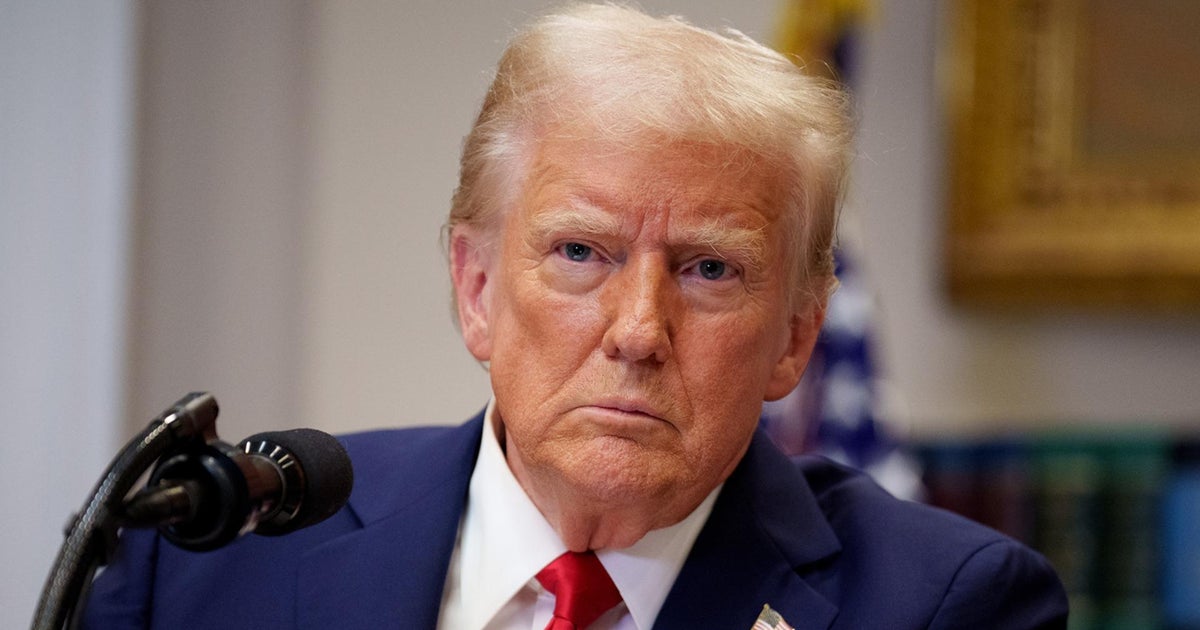The world is experiencing a rise in destructive leaders, from politicians in democratic countries extolling the virtues of dictatorship to business executives whose destructive appetites overshadow their economic success. These leaders seem to reflect the worst, rather than the best, of us. On top of that, more and more qualified people are reluctant to take on leadership roles. Our current leadership model is broken.
Over the past two decades, I’ve studied why we follow destructive leaders. Many organizations have overlooked critical factors in how we select, judge, and train leaders, and we need new methods to train and new measures to judge leaders.
The answer to our broken leadership model is improved leadership literacy, but first, we need to reckon with why we follow destructive leaders.
Why we follow destructive leaders
First, we follow destructive leaders because we aren’t that good at judging what good leadership requires. A growing body of research says we must become better judges of good leadership. We unconsciously select leaders that we deem attractive, not because they demonstrate leadership skills. We also trust and attribute (undeserved) competence to potential leaders who behave in ways that elicit strong emotional responses.
We often select leaders because they indulge our fears, or exploit our insecurities and natural desires for self-preservation. These tendencies were first discussed by German sociologist Max Weber over 100 years ago.
We also set unrealistic expectations about what leaders can achieve. Several years ago, I analyzed the 1996 Mt. Everest disaster chronicled in John Krakauer’s best-seller Into Thin Air. In these events, inexperienced climbers sought the leadership of two charismatic but overly optimistic leaders. The expectations of getting to the summit, no matter the cost, contributed to eight deaths. We follow destructive leaders because they tell us what we want to hear. And you can see this exact scenario play out beyond the mountain. I worked with physicians, business leaders, and government officials who saw the same destructive leadership practices.
The importance of succession and leadership development
Effective leadership development relies not only on how we prepare leaders for new jobs, but how we move them out. One of the most popular TV dramas is the King Learian drama, Succession, which follows a dysfunctional family in the times before and after the death of the patriarch. Who will be the successor to the billion-dollar kingdom? Or consider the non-fiction public dethroning of President Joe Biden in the aftermath of a challenging debate or the extended dramas playing out in entertainment and media.







